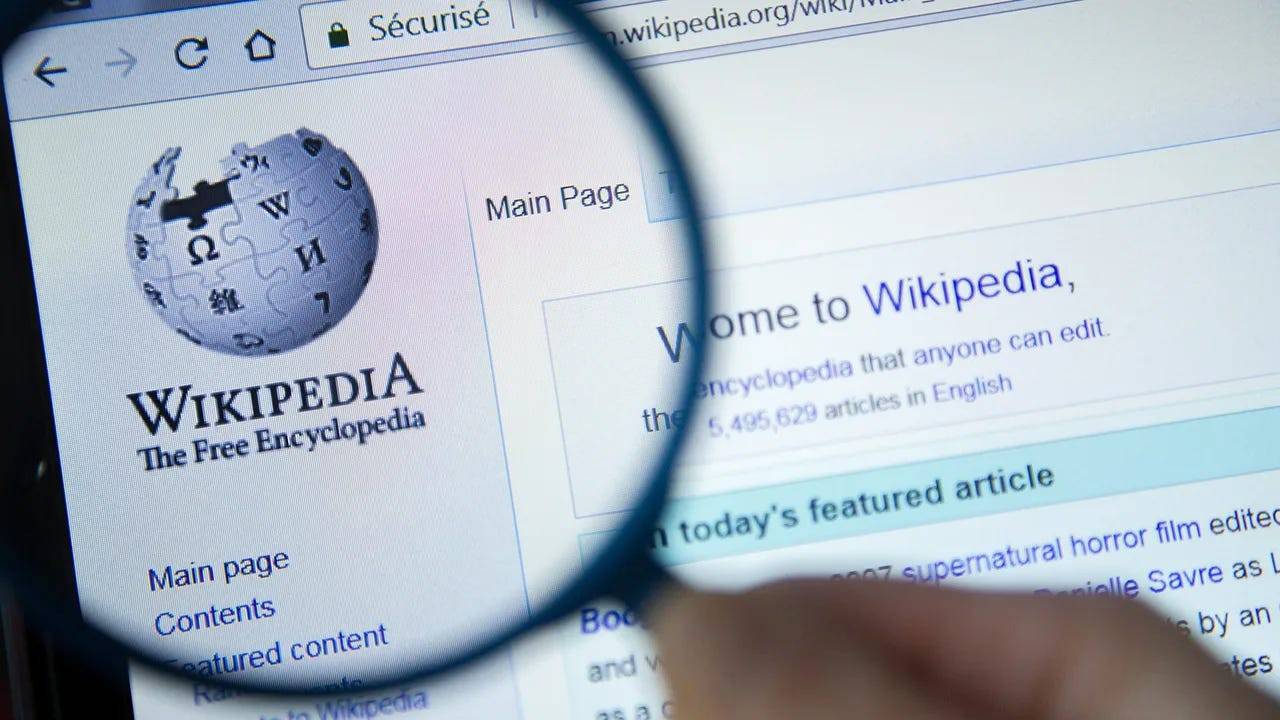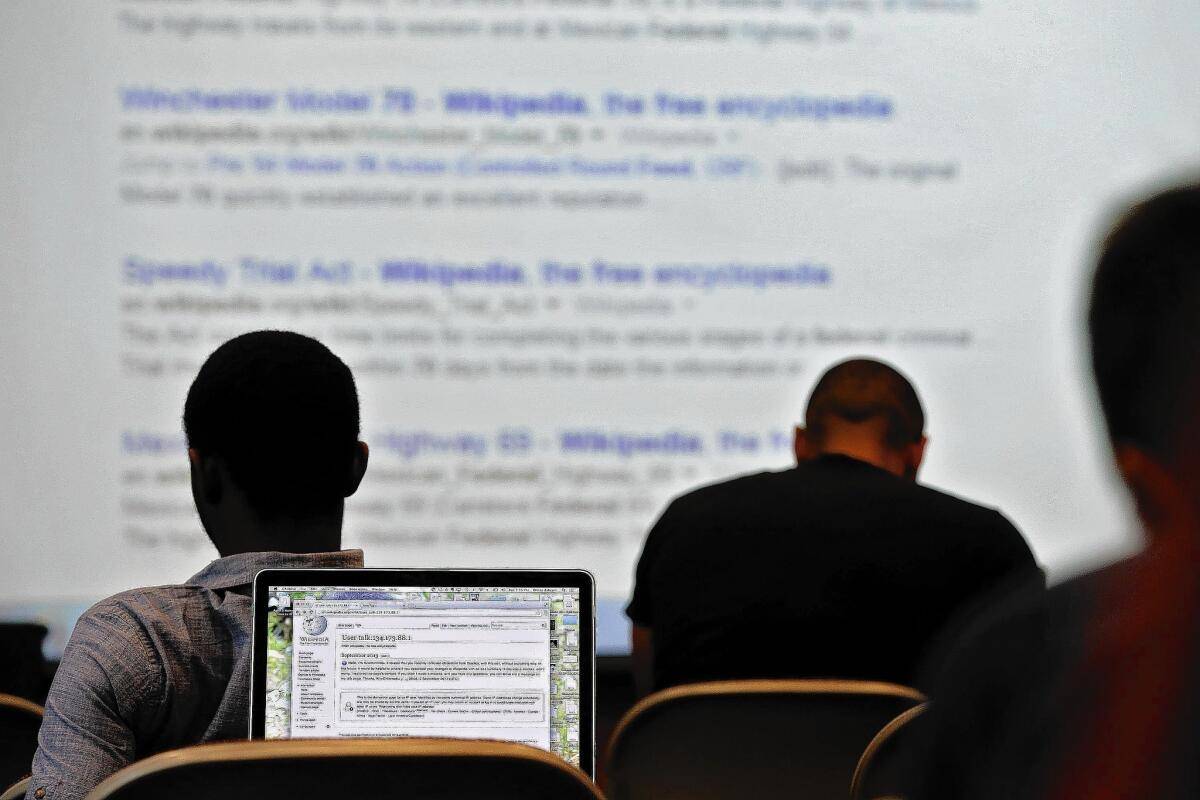
How to Leverage Wikipedia and Open Source Knowledge for Learning
Today, we have easy access to information. The real challenge is figuring out which sources are trustworthy and reliable. The internet is awash with resources, yet not all are created equal. Wikipedia and other open-source knowledge platforms are valuable tools for education. This blog will look at how to use Wikipedia and other open-source sites for learning. It will show how to check online resources and share tips to make the most of them.
Wikipedia, a go-to for quick info, has grown into a strong educational tool. However, it is crucial to know how to use it effectively. Open-source knowledge platforms provide various specialised resources. These can greatly enhance your self-education journey. Choose the right methods to ensure the information you gather is trustworthy, accurate, and useful.
Key Benefits / Why It Matters

1. The Role of Wikipedia in Education
Wikipedia has revolutionised how we access information, offering:
- Accessibility and Inclusivity: Wikipedia is free for everyone globally, so it makes educational content easy to access.
- Comprehensive Coverage: With more than 6 million articles in English, Wikipedia is a vast source of knowledge.
- Collaborative Knowledge: A worldwide group of contributors updates it all the time, keeping information fresh and up to date.
2. The Value of Open-Source Knowledge Sites
Beyond Wikipedia, open-source knowledge sites offer diverse learning resources, providing:
- Diverse Perspectives: Contributions from global users offer varied insights and viewpoints.
- Specialised Knowledge: Many platforms focus on specific disciplines, providing in-depth content.
- Community Engagement: Users can interact, discuss, and share insights, fostering collaborative learning.
3. The Importance of Fact-Checking
In an era of misinformation, fact-checking online learning resources is vital:
- Accuracy: Ensures you base your learning on reliable, verified information.
- Critical Thinking: Enhances your ability to evaluate sources and validate content.
- Informed Learning: Improves the quality of your education by relying on accurate data.
Step-by-Step Guide / Actionable Insights

How to Use Wikipedia for Education
1. Understand Wikipedia’s Structure
To use Wikipedia effectively for education, it’s essential to understand its features:
- Articles and References: Each article lists references and sources. These are valuable for further reading and verification.
- Talk Pages: Provide insight into contributor discussions, offering transparency on content debates.
- Edit History: Shows changes made over time, helping assess the article’s reliability.
2. Best Practices for Using Wikipedia
- Start with Wikipedia, But Verify: Use Wikipedia as a starting point to grasp general concepts, but always verify with external sources.
- Check References: Click on the references and citations to find primary sources and peer-reviewed content.
- Check the Talk Page: Look at the discussions for more context on the article’s accuracy.
Best Open-Source Knowledge Sites
1. Top Platforms for Learning
- Khan Academy: Provides free courses in math, science, and humanities. It also includes interactive exercises.
- Coursera: Provides free courses from top universities and organisations, covering a variety of subjects.
- MIT OpenCourseWare: Get lecture notes, exams, and videos from MIT courses. It’s all free and open to the public.
- Project Gutenberg: A repository of over 60,000 free ebooks, including classic literature and academic works.
- Open Culture: Curates free courses, audiobooks, and textbooks from top institutions.
2. Tips for Using These Platforms Effectively
- Set Clear Learning Goals: Define your objectives before exploring platforms to stay focused.
- Engage with the Community: Participate in forums and discussions for deeper insights.
- Use Multiple Platforms: Combine different platforms for a well-rounded learning experience.
Fact-Checking Online Learning Resources
1. Effective Fact-Checking Techniques
- Evaluate the Source: Check the author’s credibility and the website’s reputation.
- Cross-Reference Information: Use multiple sources to verify facts.
- Check Publication Date: Ensure the information is current and relevant.
2. Reliable Fact-Checking Tools
- Google Scholar: Find scholarly articles to cross-reference information.
- FactCheck.org: A non-partisan site that verifies public claims and statements.
- Snopes: Debunks myths and verifies the accuracy of viral content.
- Media Bias/Fact Check: Assesses the political bias and trustworthiness of news sources.
Additional Expert Tips & Common Mistakes to Avoid
1. Best Practices Beyond the Basics
- Use Advanced Search Features: Use Wikipedia’s advanced search and filters to find specific content quickly.
- Follow External Links: Wikipedia often links to credible academic papers and official reports.
- Keep Your Knowledge Fresh: Look for updates often to get the latest info.
2. Common Mistakes and Misconceptions
- Relying Only on Wikipedia: Think of Wikipedia as a starting point, not your only source.
- Overlooking References: Failing to review citation sources can lead to missed primary references.
- Assuming Accuracy: Not all content on Wikipedia is accurate. Always verify with authoritative sources.
Advanced Insights / Expert Recommendations
1. Unique Industry Perspectives
- AI-Powered Wikipedia: Wikipedia is using AI more and more to spot vandalism and boost accuracy.
- Open-Source in Education: More institutions are incorporating open-source knowledge sites into their curricula.
2. Lesser-Known Insights
- Wikipedia as a Research Gateway: Many academic journals and publications cite Wikipedia articles. This makes it a helpful starting point for research.
- Open Source Collaboration: Platforms such as Wikibooks and Wikiversity let users work together on educational content. This encourages peer learning.
Mastering Wikipedia and Open-Source Knowledge for Effective Learning
Wikipedia and open-source knowledge platforms are great tools for learners who want to grow their knowledge. To improve your self-education, use Wikipedia wisely. Explore the best open-source sites. Also, apply fact-checking strategies. This will boost the accuracy and quality of your learning.
While using these platforms, it’s important to think carefully, check facts, and vary your sources. Wikipedia is a great tool, but you should always use other reliable sources too. Open-source knowledge platforms can greatly expand your understanding. Also, careful fact-checking helps you learn from reliable information.
Using these strategies will help you become a more informed and well-rounded learner. Explore the vast world of open knowledge. Make the most of it and keep expanding your horizons with confidence.